Ok, so this may sound like a pretty fucking bold statement, but please listen to what I have to say. Most of the time, animal rescue videos are faked.
the people who make the videos take animals they have bought for the sake of content creation, which they are then either drugged, abandoned, buried alive, or staged in a predator attack.
the usual victims of these videos are kittens, puppies, and baby monkeys. They are then placed in life threatening scenarios, with the video advertising a “charity” which uses the pretence of rescuing animals to convince people to donate, only for these people to keep the money.
these videos have been spreading like a plague across the internet, with:
Around 1022 fake rescue videos on social media platforms (TikTok, twitter, instagram, etc) which have been viewed 572 MILLION times, with TikTok having the most numbers
Over half the content (52%) was found on platforms owned by meta alone (instagram and Facebook)
21% of fake rescue channels asked for donations, which are not used for animal rescues, like promised.
please note, this does not mean ALL rescue channels are bad. There are many ways to tell if a rescue channel has good intentions, such as:
Organisations: if no genuine organisations are cited, it’s likely a fake
Account: if the account has multiple similar rescue videos, it may not be a coincidence. They may be using the same scenarios.
No follow up: if they don’t say what happened to the animals after, it is unlikely that the channel conducts real rescues
Unprofessional rescue practices are a giveaway, blatantly telling you it’s fake
Rescuer always being the same person: makes it very likely faked.
Video seems unlikely / unrealistic: does the video seem unlikely to be a random encounter? Then it is probably a fake
Same animal in multiple videos: unless it’s a very similar looking animal, it’s definitely fake.
multiple camera angles: another clear sign. Why use multiple camera angles? Doesn’t only one person need to be filming?
please remember to be careful as to what you’re supporting online. It’s not always real, and more malicious than it can seem.
source:
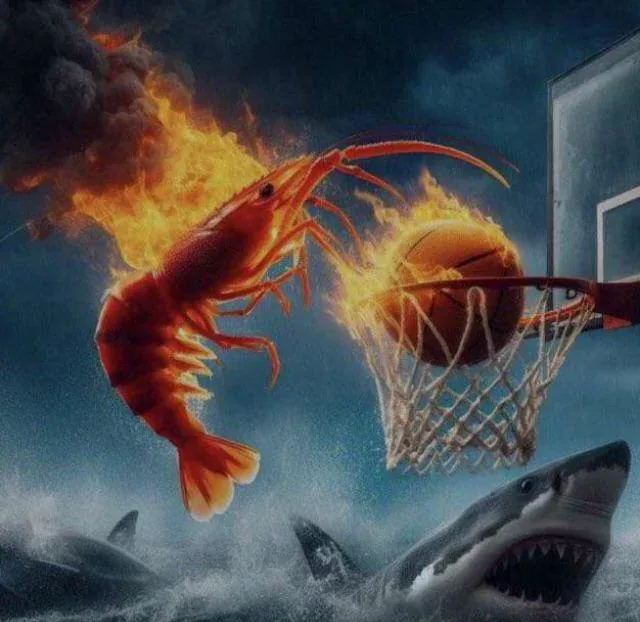


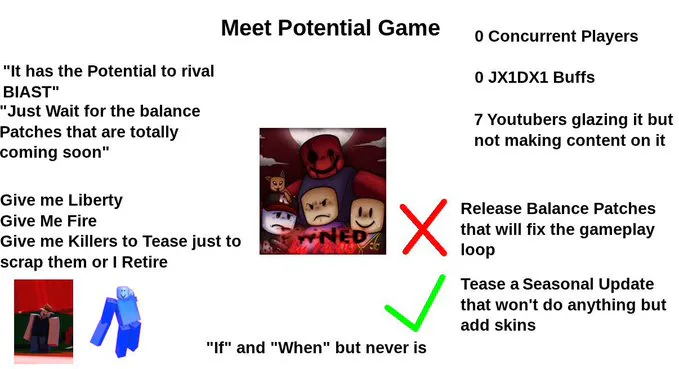
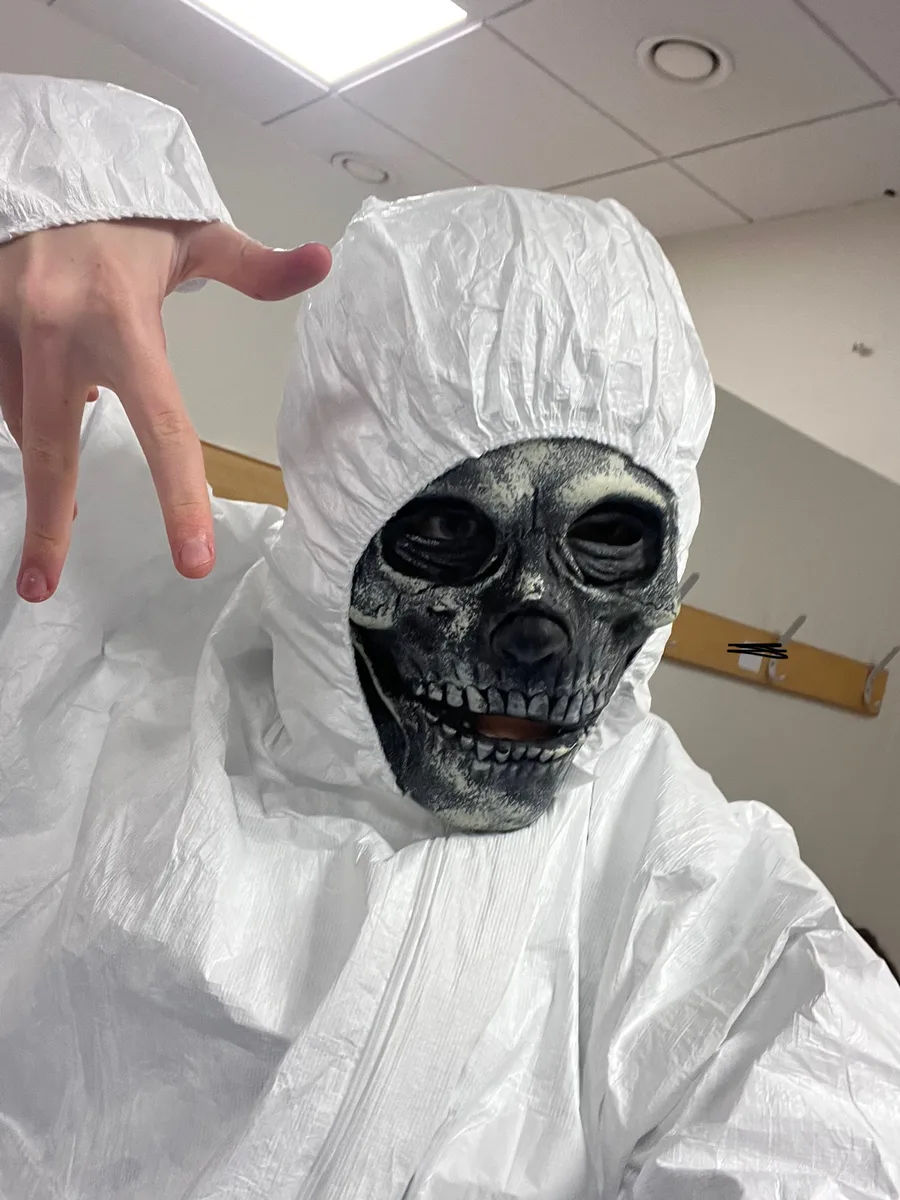


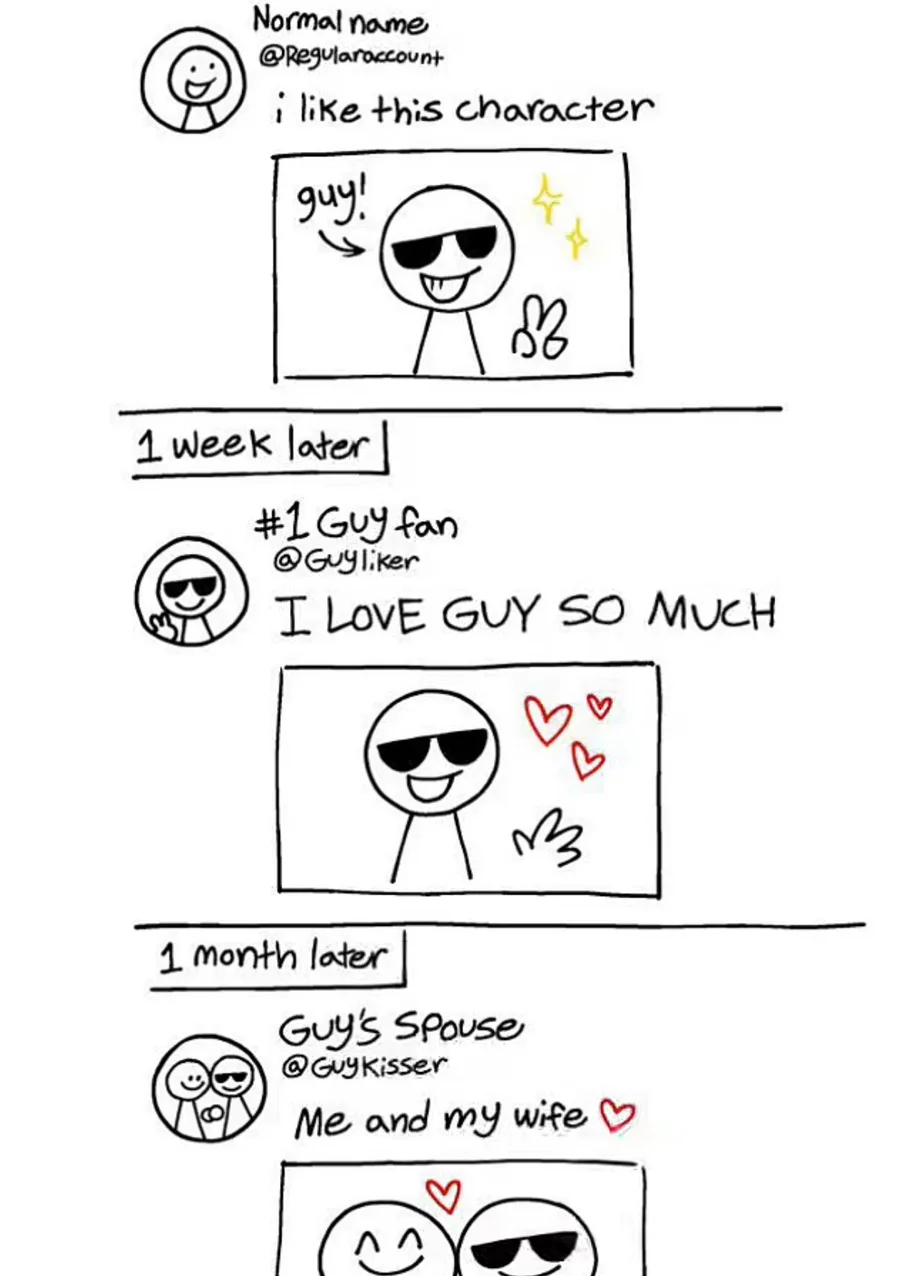
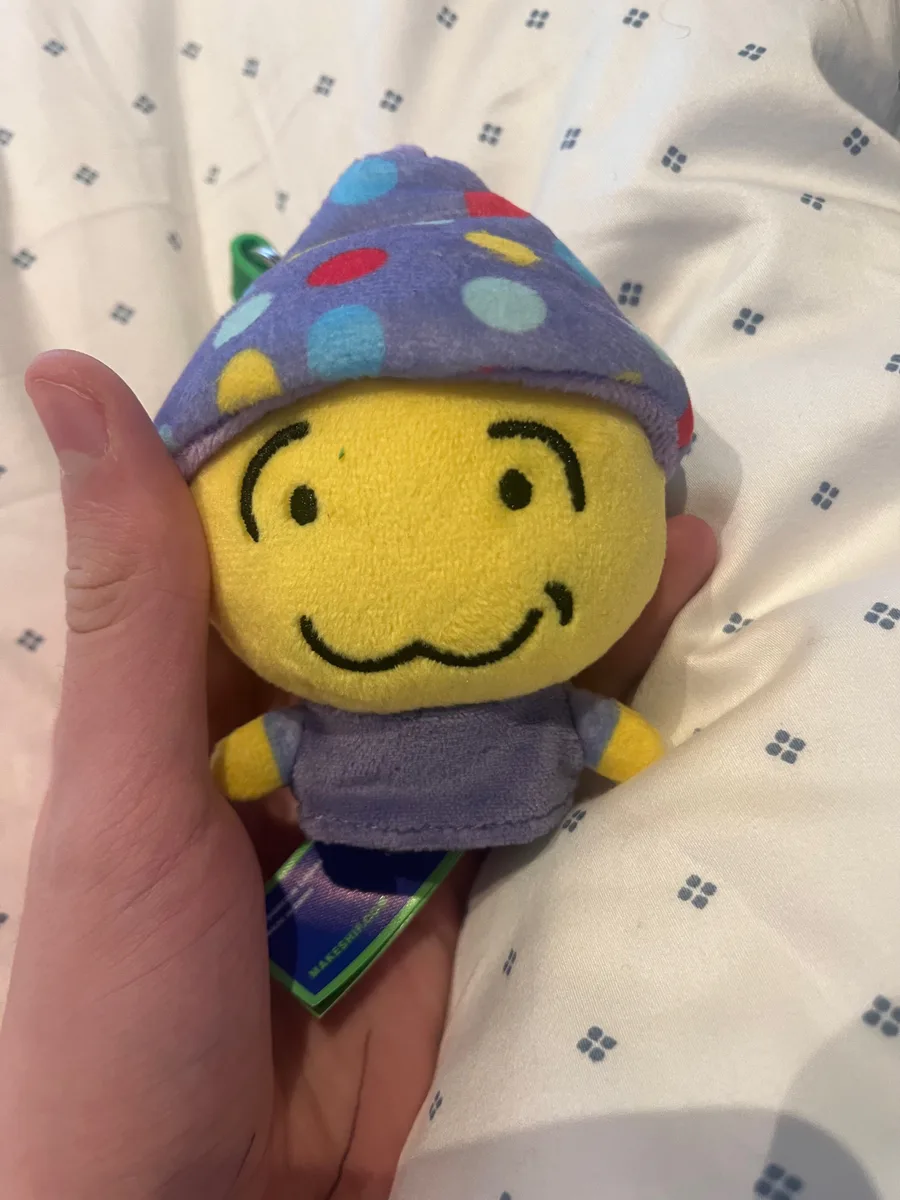


2 comments